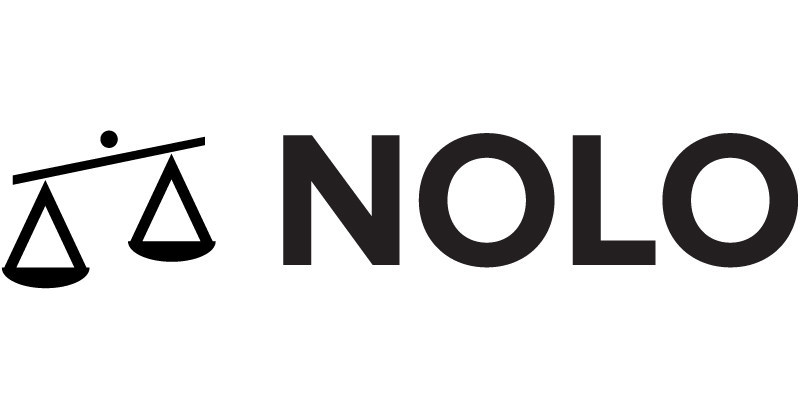Protect Your Home and Your Belongings
Protect Your Home and Your Belongings
FinSpot.guide may earn a commission when a user completes an action using our links, which will however not affect the review but might affect the rankings. The latter is determined on the basis of product market fit and compensation received.
The information contained in FinSpot.guide should not be conceived as legal, financial or investment advice nor as an endorsement of any of the products or services referenced in FinSpot.guide. As disclosed in the Terms and Conditions all information on FinSpot.guide is subject to change. FinSpot.guide does not contain an exhaustive list of all lending or insurance partners in each category.
- Covered in as little as 90 seconds
- Claims paid at record speed. No paperwork. No hassle. No waiting.
- Starting from $5/mo. (not a typo)
- Get a FREE Tenant case evaluation from a local lawyer
- Just enter your ZIP code and the legal issue and we'll find you a suitable lawyer in your area
- Talk to an Attorney today!
- Make self-managing your rentals simple
- Get leads, screen tenants, create leases, and collect rent — all in one place!
- Free for landlords
- Work with a team that’s nationally recognized for customer service
- Get customized coverage to fit your specific needs
- Feel secure – our financial strength is rated A+ by AM Best
What to know about Renters Insurance
Renters insurance is a type of insurance policy designed to protect individuals who are renting or leasing a home or apartment. Here are some key things you need to know about renters insurance in the United States and why having it can be beneficial:
Coverage
Personal Property Protection: Renters insurance provides coverage for your personal belongings, such as furniture, clothing, electronics, and other valuables. This coverage helps replace or repair items damaged or lost due to covered events like fire, theft, or vandalism.
Liability Coverage: Liability coverage is included in renters insurance to protect you if someone is injured while on your rented property. It can also cover property damage you or your family members may accidentally cause to others' property.
Additional Living Expenses (ALE): If your rental becomes uninhabitable due to a covered event, renters insurance typically covers the additional living expenses you may incur, such as hotel bills or temporary housing costs.
Importance
Protection for Personal Property: Without renters insurance, your landlord's insurance will not cover the loss or damage to your personal belongings. Renters insurance ensures that your possessions are protected, providing peace of mind.
Affordability: Renters insurance is generally affordable, making it a cost-effective way to protect your belongings. The cost is often much lower than other types of insurance, such as homeowners insurance.
Liability Coverage: Liability coverage is crucial in case someone is injured on your rental property. Legal fees and medical expenses can add up quickly, and renters insurance can help cover these costs.
Mandatory in Some Cases: Some landlords may require tenants to have renters insurance as part of the lease agreement. Even if it's not mandatory, having renters insurance is highly recommended.
Flexible Coverage: Renters insurance policies are often customizable. You can choose the coverage limits and deductible that fit your needs and budget.
What It Doesn't Cover
Natural Disasters: Standard renters insurance may not cover damage caused by certain natural disasters, such as earthquakes or floods. However, additional coverage can usually be added for these events.
Valuable Items: High-value items like jewelry, art, or collectibles may have coverage limits. You may need to purchase additional coverage (a rider or floater) to fully protect these items.
Roommate Belongings: Renters insurance typically covers the policyholder's belongings. If you have roommates, they might need their own policies for coverage.














